In a small Imo community, residents languish under the oppressive rule of a police officer who perennially torments them with arrests, detention, and killings, BABATUNDE TITILOLA writes
In the oil-rich Egbema community in Imo State, many residents wake up each day with trepidation – a palpable sense of fear caused by a lingering wave of alleged police brutality in the area.
The community, situated in the Ohaji/Egbema Local Government Area, was once known to be a peaceful area where people go about their daily work, abiding by both the local customs and laws of the state.
According to findings by Saturday PUNCH, the crisis began with violent cult clashes that escalated into a brutal contest for dominance, resulting in significant bloodshed in the community.
This crisis, it was gathered, led the state government in 2022 to deploy a police officer, Inspector Chukwukadibia Okebata, to the community to diffuse the situation.
Sadly, instead of being the hero the beleaguered community needed, residents have described Okebata as a villain whose grip on power has resulted in a series of illegal arrests, torture, and extrajudicial killings of innocent residents.
A resident of Egbema community who preferred to be called Chime, due to the sensitive nature of the issue told our correspondent, “They sent him (Okebata) to handle the incessant cult clashes in the community but instead, he has aggravated the situation by acting above the law.”
Describing how Okebata acted outside the limits of the law, Chime further disclosed, “The area is a trouble area because of incessant cult clashes. There is a cult rivalry going on between the two popular cult groups in the area. The cultists were killing one another.
“Following their last encounter where seven people were murdered in one night, the government responded by sending this particular inspector to handle the situation.
“However, despite having the power to handle these clashes, it does not give him the freedom to operate outside the laws. But that is exactly what he has been doing. There is a Divisional Police Station and also an Area Command in that same area. But instead of working with them, he took over the only health centre in the community and turned it into a detention facility and concentration camp.”
According to Chime, after Okebata converted the community health centre into a detention facility, he used it to detain residents at will, subject them to torture, and eventually kill some of them.
“Before anyone can visit their people detained there, they must pay N5,000. To even get them on bail can be up to a million naira sometimes. That inspector has also aligned himself with a particular cult group. So, they are hunting the other group. Some members of the opposition are extra-judicially killed and the whole circle of violence has continued,” he added.
A near-death encounter
Of the several grievous allegations levied against Okebata, the charge of oil bunkering activities appeared to top the list.
A source within the community confided in our correspondent that Okebata’s illegal bunkering activities were aided by one engineer who was said to have established the bunkering business for them.
Findings by our correspondent revealed that the bunkering site was located at Uganda Abacheke plantation in the Egbema West oil field.
Sources also disclosed that the bunkering operations finance other activities of the inspector and his team and efforts to trace those who are familiar with these activities led our correspondent to one of Okebata’s recent victims, Andrew Nwokotubo.
In an interview with our correspondent, Nwokotubo recounted his ordeal, stating that speaking out before it was too late might be his only chance to escape death. He added that if anyone had ever been in death’s clutches, it would be him.
Last year, Nwokotubo was working as the coordinator of Tantita Security Services – which combated oil theft across the country – in Imo State and led a team of oil and gas assets protectors in the state.
Because of his mission, Nwokotubo, who was leading the fight against oil theft in Imo, ended up on Okebata’s bad side.
According to him, “Inspector Okebata is like the chairman of all the bunkers in that community. That is his major source of income. To an extent, I was affecting his business. He had called me severally to stop but I said I wouldn’t because I was asked to do a job. He threatened to kill me several times.”
Sharing photo and video recordings of his harrowing experience with Okebata, Nwokotubo revealed that he was first detained by the officer and his team in May 2023 and was later ambushed and held at Okebata’s detention centre in November of the same year.
In his words, “My first detention was around May in 2023. The second one was between November and December last year too. That day, they felt attacking me in my community would be risky because whenever I am around, there are always many people around me. So, when I left, they trailed me.
“One of the vehicles I came with got spoilt on the way. So, I turned to carry the driver of that vehicle in my car. That was when we met them (Okebata and his team) at the army checkpoint.
“My security detail was disarmed. They isolated me and beat me. They tried to force me into their vehicle to drive me to their detention centre, and that place was dangerous. They kill people at will there and use their blood in their shrines.
“That place is not a police station. If you go there, you will see different types of shrines. It is like a ritual home. Every morning, they will bring out fowl or goats to use the blood. And also, from time to time, one innocent person must be killed. So, I knew what was going to happen to me if I allowed them to take me to that place, so I resisted entering their car.”
While Nwokotubo struggled with the assailants, some army officers intervened but, according to him, Okebata told the army people that he was the head of the Indigenous People of Biafra in the local government.
“He told them that the Lexus I bought with my money was a stolen government vehicle. The army officers called my driver who was a Hausa man and asked what the problem was. He explained what was happening.
“The army people then said it was not possible for an IPOB member to be using a Nigerian security detail. That was when the Sector Commander intervened, and someone was able to reach out to the Deputy Inspector-General who said they must make sure I come back alive.
“They took me to the police station instead of their detention centre because the army and the DIG were now involved. They wanted to kill me in that vehicle.
“One of them matched on my throat while I was in the boot of their Sienna car. They thought I would die and were surprised I was alive by the time we got to the police station. That was when one of them used something, maybe an iron, to hit my leg and broke the bone,” he added.
After the attack, Nwokotubo said he was admitted for surgery and spent the next six months walking with crutches.
Residents extra-judicially killed
Although Nwokotubo escaped the cold hands of death and is alive to tell his story, other residents of the community were not that fortunate as they were allegedly murdered by Okebata.
One of these victims, Saturday PUNCH learned, was a policeman identified as Iseke Koradama who was shot to death.
Another victim, a girl named Sandra Nwaeze, was said to have been strangled to death in an inn in Etekwuru.
However, the death that struck Egbema residents and its neighbouring communities was that of a 27-year-old bricklayer and father of seven, Ikechuwku Iroh.
According to Nwokotubo, “Iroh got a call from someone he was working for, and that person said he should come to the site to complete some work. On getting there, it was discovered that it was Okebata who forced that person to call Iroh.
“He got there and Okebata just picked him up and took him to their station. He threatened Iroh to comply with his instruction. When Iroh refused, Okebata shot him in the leg and he started bleeding.
“When he eventually agreed to follow his instructions, Okebata brought out his phone and told Iroh to say that I (Nwokotubo) gave Iroh an AK47 to kill somebody. Okebata didn’t know that the person he wanted Iroh to say I asked him to kill was Iroh’s uncle so he refused to do it.”
Iroh reportedly passed away while en route to the hospital, plunging his children and relatives into mourning caused by Okebata.
Police brutality in Nigeria
Checks by our correspondent showed that there have been several reports of police behaving unprofessionally in the course of performing their duties.
The widespread cases of police brutality culminated in the well-known #EndSARS protests against the serious misconduct of the Special Anti-Robbery Squad, a division of the Nigerian Police Force.
These 2020 protests garnered international attention and support through social media and peaceful demonstrations across Nigeria and globally.
Despite the protests and several other petitions, Nigerians continue to report cases of police misconduct against innocent citizens.
A police officer in Abia State, Corporal Obagi Njok, was dismissed this week, for killing a businessman, Emmanuel Okocha, on April 17, after he refused to bribe some police officers.
Last month, on May 31, the Bayelsa State Police Command, said it had identified and arrested a policeman who shot and killed a 40-year-old electrician, Benalayefa Asiayei, over N200 along the Azikoro Road in Yenagoa.
Similarly, on December 30, 2023, the Divisional Police Officer of the Moshalashi Police Station in the Alimosho area of Lagos State ordered the illegal detention and assault of a lawyer, Olumide Sonupe, for two nights while the lawyer was seeking the bail of his client.
Following The PUNCH report, the state commissioner of police, Adegoke Fayoade, ordered the removal of the DPO as protests also rocked the state police headquarters.
‘They asked me to say my last prayer’
Anthony Ohamara, another victim of Okebata’s brutality, recounted in an interview with our correspondent that he was ambushed, detained, and tortured. Fortunately, he managed to escape death by a stroke of luck.
“Sometimes around March in 2023, he nearly killed me,” Ohamara stated. “I was driving and he stopped me. He dragged me out of my car and said he had been looking for a way to kill me. There were about six of them. He then said I should say my last prayers before he killed me.
“I asked what I did and before I knew what was happening, they started beating me up with his gang. At one point, I could not stand up again. They carried me and threw me inside one of their cars and one of them took my car. They said they were taking it to their police station.”
Providing more detail, Ohamara said those who are not part of Okebata’s preferred clique within the community are frequently targeted and arrested.
He added, “They said I belonged to the Uju camp in PDP. On that day, they started shooting when they saw that some youths were witnessing what they were doing to me.
“As they were taking me in one of their cars, the vehicle that carried me stopped working. They tried to make it work but it would not start. So, they stopped another vehicle on the road, removed its battery, and tried to use it to start their vehicle that broke down. The car still did not start.
“All of them were in front of the vehicle while I was inside the car. Someone called on me and said I should open the door. I did. I did not know what happened next but I noticed someone carried me to an uncompleted building. When I was there, I pushed that person and jumped over a fence to escape but I broke one of my hands.
“I was in the hospital for three months. When I got out, the police said I should come to the police station. Before I could get my car from there, I used over N300,000 to bail my car.”
Ohamara further stated that he went into hiding in a hotel from where he secretly came to see his family until it was safe for him to return permanently.
Unfruitful protests, petitions
Saturday PUNCH gathered that the community had written petitions and staged protests to lament the harrowing experiences they had suffered in the last two years.
In a letter addressed to President Bola Tinubu and sighted by our correspondent on June 2, the community listed several atrocities against the inspector including unlawful detention, extortion, and murder.
It read partly, “For two years now, our community has been under serious siege and our people are living in perpetual fear of existential danger to lives due to the threats posed by one police inspector who calls himself ‘Kill and Bury’ and who does everything to live up to that name.
“Inspector Okebata, his team of rogue police officers, and ‘Dey Well’ cult boys he recruited from the community have become a nightmare to Egbema clan in Ohaji/Egbema LGA of Imo State, its neighbouring local government areas of Oguta Local Government Area of Imo State and Egbema community in Ogba/Egbema/Ndoni Local Government Area of Rivers State, as these rogue police officer and his team are known to cross state boundaries into Rivers State to also terrorise the communities there.
“His activities in these communities range from, but are not limited to unlawful arrests and detention of unsuspecting individuals to outright murder and execution, intimidation, extortion and in some cases torture, waterboarding and electric shocks of both old and young, males and females without recourse to the instrumentality of the law.”
According to the letter, on Monday, 20th May 2024, women of the Mmahu community protested against the illegal arrest of a popular pastor, Noble Omego, by Okebata.
“On Saturday the 11th day of February 2023, he arrested one Ikechukwu Iroh from Etekwuru Egbema of Ohaji/Egbema LGA of Imo State, shot him on the leg while torturing him on video. Unfortunately, the boy died in the process,” it added.
Speaking with our correspondent, a lawyer to some of the victims, Chidebere Nwodo, lamented the lack of tangible response which he attributed to a conspiracy.
Nwodo said, “Two years ago, we had to write to the Inspector General of Police on behalf of one of the victims and the matter was referred to the Imo State Commissioner of Police. After that, nothing was done. We then wrote a reminder two weeks later, and they still referred it back to the commissioner.
“We learned that the instruction sent to the office of the commissioner was that investigations should be conducted and the report should be sent back to the IGP. But to the best of our knowledge, there was no report because we were made to understand that some highly placed individuals were always covering for the inspector.”
“Recently, new victims who have equally suffered in the hands of the officer reached out to us. Then we wrote another petition but this time around, we wrote it to the National Human Rights Commission, Police Service Commission, and the Public Complaints Commission. We copied the IGP. We also reached out to groups who are interested in human rights protection. We backed it up with protests to the NHRC and National Assembly.”
Our correspondent learned that the petition was also submitted to the House and Senate Committees on Public Petition. The petition submitted to the House Committee on Public Petition was laid on the floor of the House by an honourable on May 25.
“We are waiting for a date to be fixed for hearing where the victims will be invited to tell their stories. Some are still carrying gunshot wounds while some are those who have lost their loved ones,” the lawyer added.
Ladies are sexually assaulted – CSO
The community’s Chief Security Officer, Tony Orioha, told our correspondent that Okebata had once killed a police officer in Agba, adding that he witnessed him shooting another person.
Orioha further lamented the inability of the authorities to bring an end to the violence being meted out on the community.
He added, “These cases were taken to the police station and I showed them pictures. I accused him but he could not say anything. That time, we also took the officers to the health centre where Okebata had turned into a barrack where they detained and tortured residents.
“We saw everything that was there including his shrine and skulls of people who must have been killed by him. We went to another place where there was a shrine. There, we learnt that he threatened to kill the man there if the herbalist did not make a particular charm for him. The man died two weeks after he made the charm.
“Whenever any lady passes by that health centre where they are based, they will capture her and have sex with her. Both young ladies and old women are victims. I have gone to the Federal Criminal Investigations Department in Abuja to submit a report. They invited him but later released him.”
Recounting his own near-death experience, the retired officer said, “I was passing on the road one day when some of his boys jumped on me. They said I went to testify against their elder brother. I confronted them and warned them they would go to jail if they harassed me as I am a senior citizen of the country.”
Security agencies need reorientation – Experts
Commenting on the recurring cases of police brutality in Nigeria, a security expert, Anselm Ozueh, in an interview with our correspondent, said the community should undertake a fact-finding mission to reveal the authority behind any policeman who is behaving unprofessionally.
He explained that escalating the matter to the appropriate authorities would help determine if the officer is acting alone or not, adding that the law will take its course after the discovery.
“The first thing that needs to be done is to identify that he is genuinely a member of the Nigeria Police Force. The next thing is to identify which unit of the NPF and which Division he is under. The community should also investigate the capacity in which he was deployed to that place. There are situations where people from the underworld impersonate police officers and perpetrate crimes in the communities. So, the community must undertake this investigation.
“If he was not sent to the community or found not to be a real officer, he should be detained and questioned. The community’s leaders must also rise to make necessary visits to the police in that community or the commissioner of police.”
Commenting on the incidents of police brutality in Nigeria, Ozueh said there is a need for more training in the policing system. He noted that police brutality comes as a result of “police officers who are substance-drunk, power-drunk, or trigger-drunk.”
“All security agencies require training on how to deal with kinetic and non-kinetic situations. They must understand when a situation requires a kinetic approach and when it requires a non-violent approach,” he added.
Okebata responds
When Inspector Chukwukadibia Okebata finally responded to our correspondent’s inquiry, he said the claims against him were untrue.
“It is not the first time it has been happening like this. People lie. They can just come on social media and say anything they like based on their fundamental human rights and freedom of speech,” he added.
The inspector said he had been deployed to several other communities to keep the peace while ensuring the safety of lives.
He said, “I was there (another community) when the Egbema crisis happened. They killed a police officer, burnt him to ashes, and took his rifle. They also killed a soldier and took his rifle. They entered another community and killed about nine persons before I was sent to the community. The local government secretariat was shut. The police division there was on panic alert because they were attacking Divisions.
“When I got there, we were attacked by those hoodlums including those that escaped from the prison that time. Workers could not go to their workplaces. We were lodged in a hotel where we were doing some tracking. Luckily enough, we recovered almost six AK-47s and pump action rifles.”
Concerning the conversion of the health centre, Okebata said they found an abandoned building and, “There was no doctor there. The place was vandalised by the drug boys in the community. There was no window, toilet, or door. But the place was well-fenced. The ceiling was damaged. We said we would stay there instead of paying hotel fees.
“We had to spend money through the government to renovate the place. We arranged some areas where human beings can stay. When we settled in that community, the whole community that ran away because of those hoodlums started coming back.”
Okebata maintained that all the allegations against him were politically motivated, adding that he might take legal steps against his accusers.
“There was a time during the election, they wrote in the media and called me ‘Kill and Bury.’ I did respond because that is not somebody’s name. One day, while I was in the Commissioner’s office, one honourable called him and said ‘Kill and Bury’ wanted to kill him.
“The CP said if the honourable was referring to Inspector Okebata, then Inspector Okebata (I) was with him at that moment. Then the honourable said it was my men that wanted to kill him. The CP invited the honourable to come to his office that day but the man never showed up.
“It is all politics. They have also said that I killed one little girl. The girl was from River State. In my life, I don’t know that girl. They went to the National Assembly and I have told my lawyer that if it is eventually discovered that I am innocent, I might sue.” he added.
Police mum
Calls put through to the phone line of the state Police Public Relations Officer, Henry Okoye, were not answered and he did not respond to text and WhatsApp messages sent by our correspondent as of the time of filling this story.
However, Okoye had earlier said the Command was aware of the development in the community adding that the accusers should lodge a formal complaint through the Complaint Unit.
“I will advise them to take advantage of the Disciplinary Unity of the Command. If there is any genuine complaint against any of our personnel, they should bring it to us to handle. And if there is a need to transfer an officer to another location, we can,” he said in a voice record made available online by a TV station.
Also, the traditional ruler of the Egbema community could not be reached. Calls put through his phone lines did not connect and text messages sent to him were unanswered.

 5 months ago
37
5 months ago
37





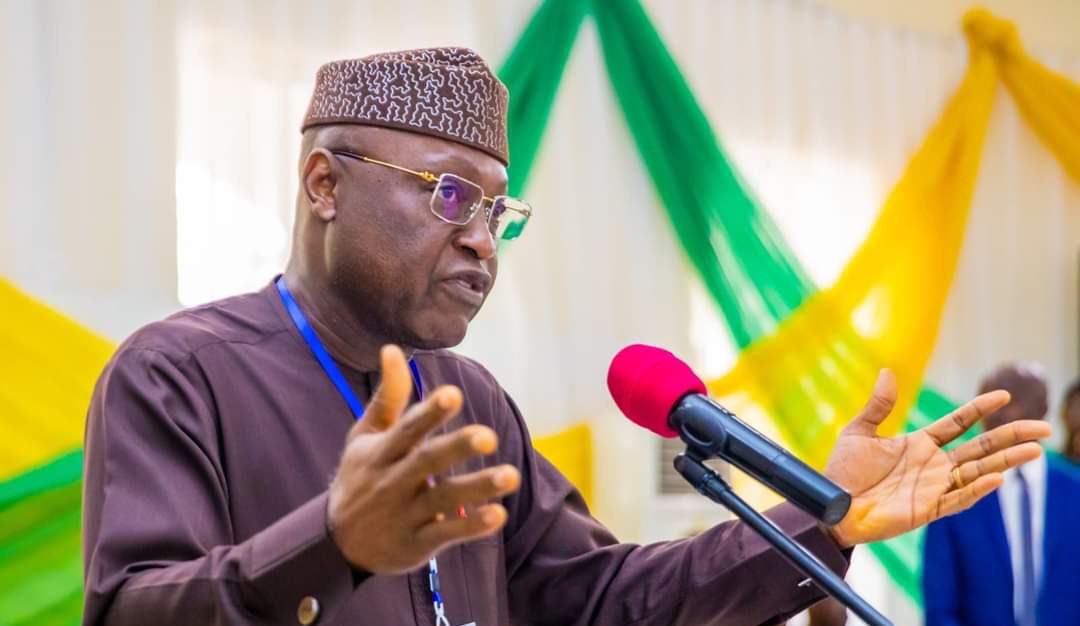

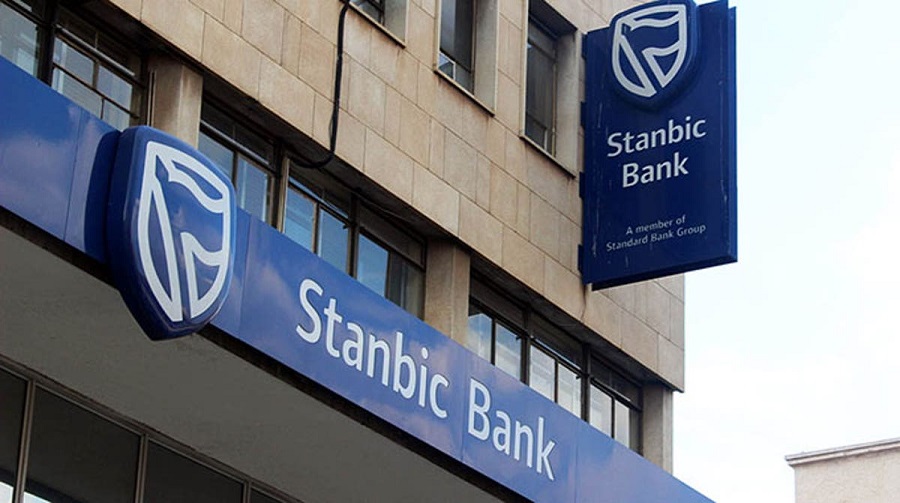

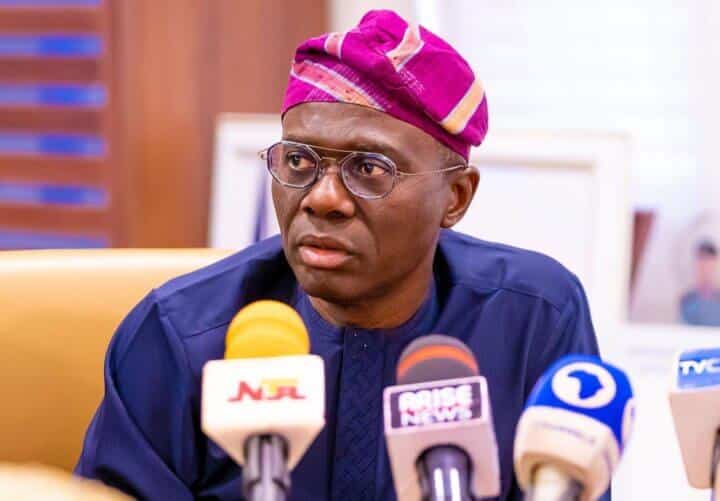
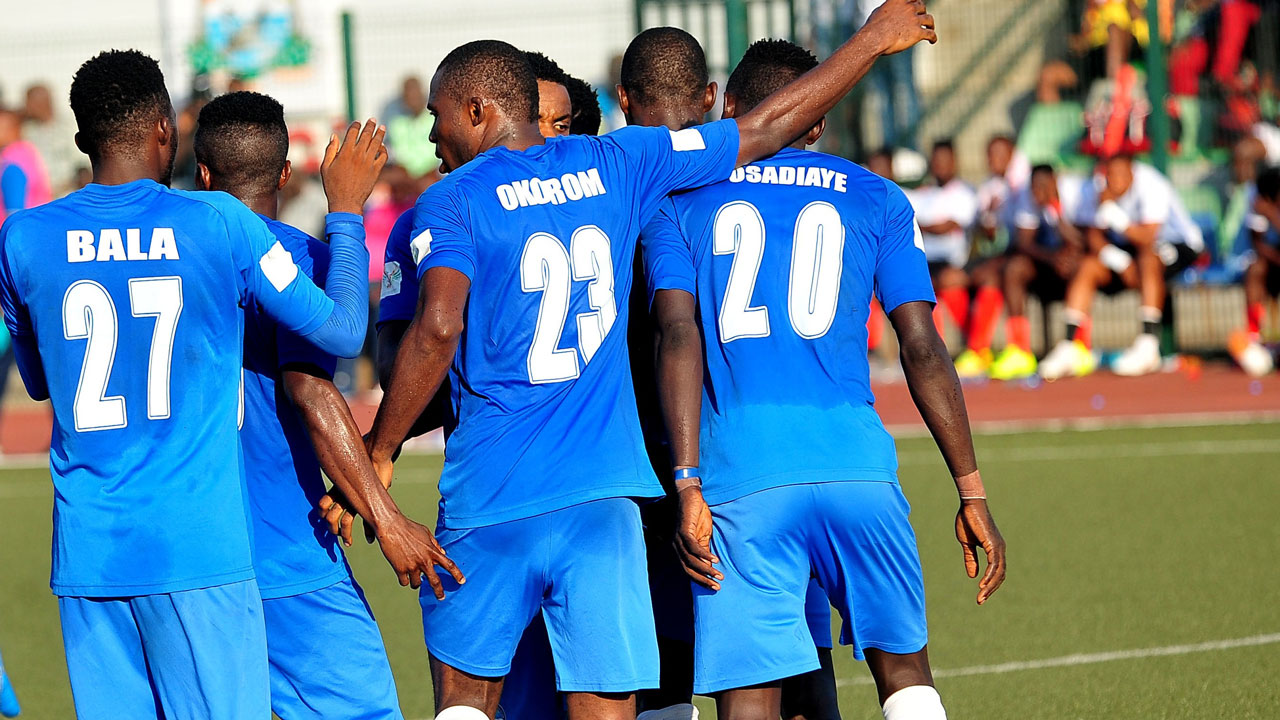
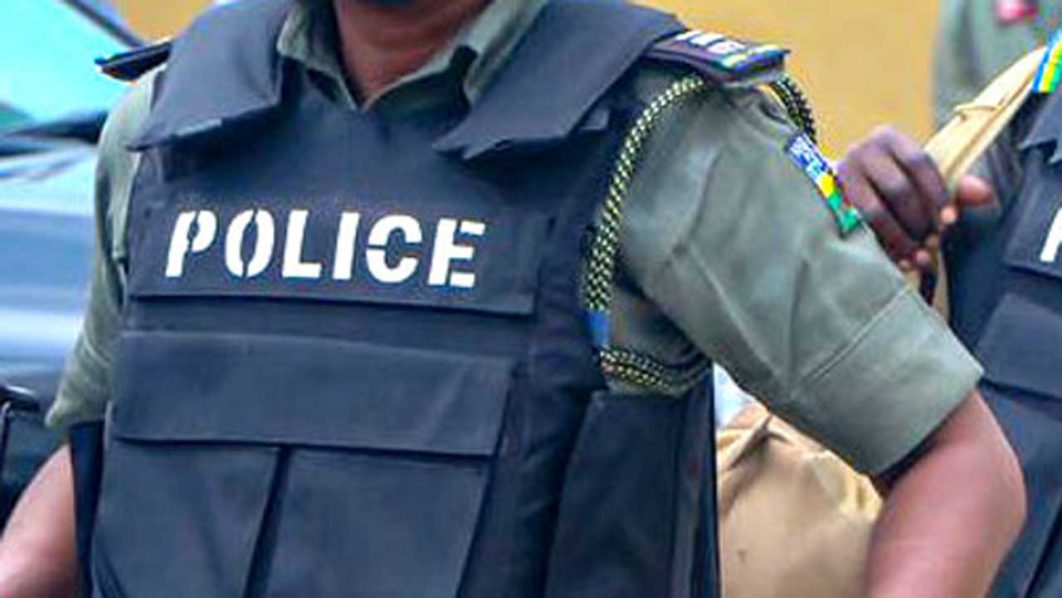

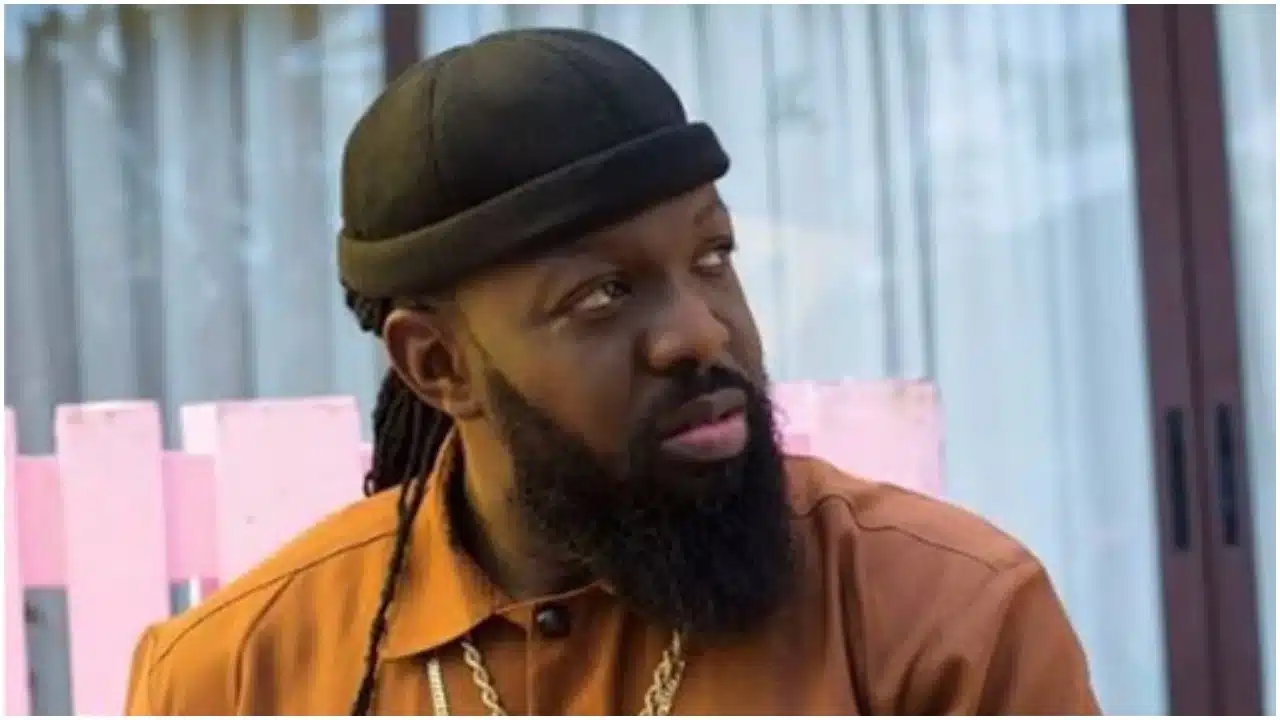

 English (US) ·
English (US) ·